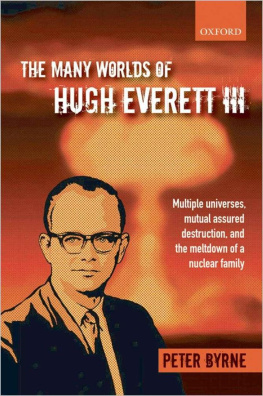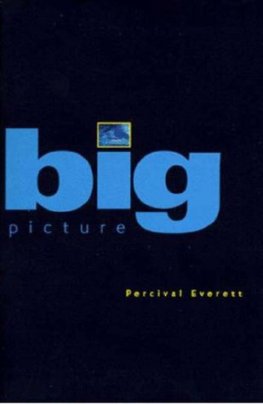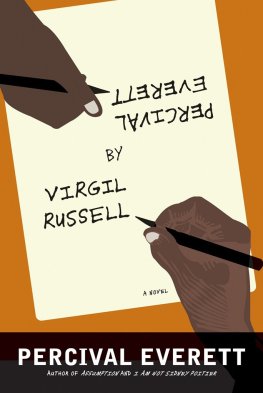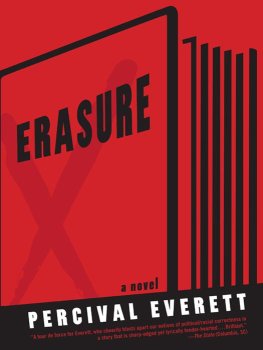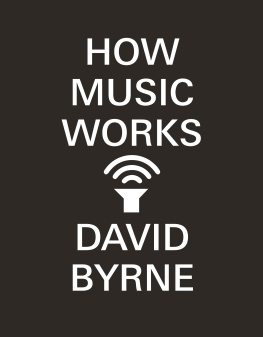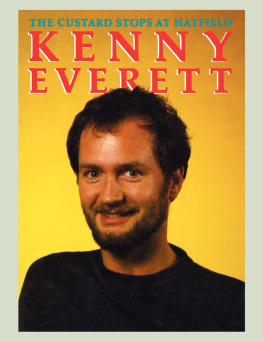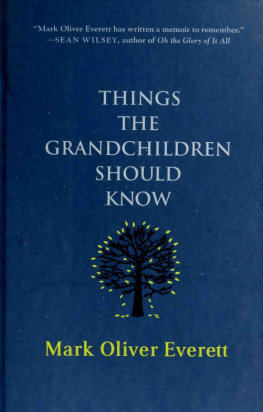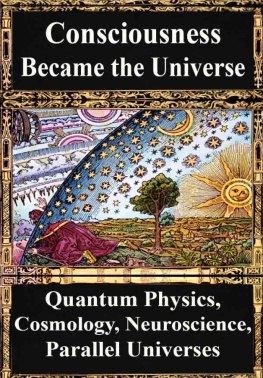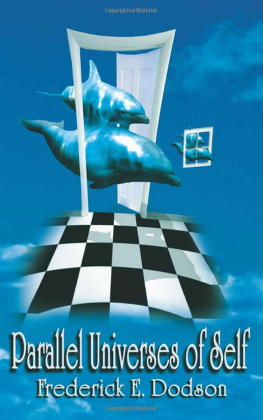The Many Worlds of Hugh Everett III
The Many Worlds of Hugh Everett III
Multiple Universes, Mutual Assured Destruction, and the Meltdown of a Nuclear Family
Peter Byrne


Great Clarendon Street, Oxford OX2 6DP
Oxford University Press is a department of the University of Oxford. It furthers the Universitys objective of excellence in research, scholarship, and education by publishing worldwide in
Oxford New York
Auckland Cape Town Dar es Salaam Hong Kong Karachi
Kuala Lumpur Madrid Melbourne Mexico City Nairobi
New Delhi Shanghai Taipei Toronto
With offices in
Argentina Austria Brazil Chile Czech Republic France Greece
Guatemala Hungary Italy Japan Poland Portugal Singapore
South Korea Switzerland Thailand Turkey Ukraine Vietnam
Oxford is a registered trade mark of Oxford University Press in the UK and in certain other countries
Published in the United States
by Oxford University Press Inc., New York
Peter Byrne 2010
The moral rights of the author have been asserted
Database right Oxford University Press (maker)
First published 2010
All rights reserved. No part of this publication may be reproduced, stored in a retrieval system, or transmitted, in any form or by any means, without the prior permission in writing of Oxford University Press, or as expressly permitted by law, or under terms agreed with the appropriate reprographics rights organization. Enquiries concerning reproduction outside the scope of the above should be sent to the Rights Department, Oxford University Press, at the address above
You must not circulate this book in any other binding or cover and you must impose the same condition on any acquirer
British Library Cataloguing in Publication Data
Data available
Library of Congress Cataloging in Publication Data
Data available
Typeset by SPI Publisher Services, Pondicherry, India
Printed in Great Britain
on acid-free paper
by CPI Antony Rowe, Chippenham, Wiltshire
ISBN 9780199552276 (Hbk.)
1 3 5 7 9 10 8 6 4 2
Dedicated to Stacey L. Evans
and our son, Miles Patrick Byrne.
These necromantic books are heavenly,
Lines, circles, scenes, letters and characters:
Ay, these are those that Faustus most desires.
Oh, what a world of profit and delight,
Of power, of honour, of omnipotence,
Is promised to the studious artizan!
All things that move between the quiet poles
Shall be at my command. Emperors and kings
Are but obeyed in their several provinces.
Nor can they raise the wind or rend the clouds.
But his dominion that exceeds in this
Stretcheth as far as doth the mind of man:
A sound magician is a demi-god.
Christopher Marlowe, Doctor Faustus, Act One, Scene One, 1592.
What is that little Devils pitchfork?
Mark Everett, 2007. Upon seeing , the Greek letter (psi)
symbolizing the quantum mechanical wave function.
Contents
Forewords
The Boxes
Growing up in my family once was odd enough. I had no desire to do it again. As a means of survival, I decided I had to always be moving forward. I ran to California and made a new life for myself. After the deaths of my father, mother and sister, I was left with the grizzly task of going back to the family house in Virginia and cleaning it out. I only had a few days to go through 35 years of boxes that had accumulated during the familys time in the house, as well as decade upon decades worth of my grandparents, great grandparents, and so ons boxes.
Back in California, I unceremoniously stacked box after box of my familys past onto shelves in the dirt-floored crawl-space section of my basement. They sat there gathering dust for nearly another decade while I made music in the room directly on the other side of the wall.
I knew the day was coming when the boxes would have to be opened. I just didnt want to be the one to do it. Although Ive been lucky enough to end up being happy with my life (part hard work, part miracle) and feeling at peace with my family history, I still dont relish going back to that world. If I play a concert in the Washington, D.C. area, the moment I step off the plane I can smell death in the air. I was sure those boxes held the same smell.
Luckily Peter Byrne came along to smell those boxes for me. The boxes have now become this book and Ive learned a lot from what Peter found in them. Family secrets and secrets to the universe written on legal pads, diary pages, check stubs, and napkins. Peter managed to dig through the smell and bring the people buried in the boxes back to life. Alternately enlightening and troubling, like any good book should be.
Its an endlessly strange feeling being the lone survivor of the family. Im pretty busy these days with my own job. Its been a great pleasure to have this new part-time job of helping my father get the attention he didnt get while he was alive. Ive learned to forgive him for his shortcomings as a father by identifying with him in some ways. I recommend it, if you havent tried it.
Mark Oliver Everett
Los Feliz, California
My Friend, Hugh
Hugh Everett III and I were fellow graduate students at Princeton, roommates one semester and close friends throughout. We each completed PhD dissertations in 1957, which were published that year in Reviews of Modern Physics, but our research relations with John Archibald Wheeler, who endorsed these degrees, were very different. My work was to add some fancy mathematics to an idea that Wheeler suggested. Hughs work and the arguments to support it were all originated by Hugh. Wheeler served as his public relations manager, trying to negotiate peace between Hughs upstart (but logical) ideas and the widely accepted (and hardly contested) interpretation of quantum mechanics attributed to Niels Bohr, Wheelers mentor.
Hughs thesis topic was much influenced by his personality. As Peter Byrne says, after extensive conversations with Hughs acquaintances, He loved to argue. I think it was his favorite sport, closely related to what was then called oneupmanship. So when Niels Bohr visited Princeton, and his young assistant tried to explain Bohrs views on quantum mechanics, Hugh found it medieval: While mathematically formulated physics applied to everything when no one was looking, as soon as the results were to be unveiled God threw the dice (which Einstein doubted) and reset the equations to a probabilistically chosen result. So Hugh looked at what would be predicted if the mathematical formulation (the Schrdinger equation) were assumed to work all the time. He found, to his delight, that this implied a preposterous view of the world that was just as unintuitive as Copernicus 16th century view that we, sitting comfortably in our chairs, are moving at tremendous speed through the solar system. So Hugh obtained a psychological prize in that no one could fault his logic, even if they couldnt stomach his conclusions. The most common reaction to this dilemma was just to ignore Hughs work.
Quantum physicists had their hands full around 1957 with exciting research that found Bohrs viewpoint adequate. New elementary particles were being discovered and their relations systematized; mirror symmetry violation led to a Nobel prize; nuclear structure was beginning to make sense; the maser was about to be upgraded to the laser; the relativistic quantum theory of light and electrons was being widely understood, as was the source of energy in the Sun; superconductivity had just been explained, and condensed matter theory was flowering supported by the success of the transistor. None of this would benefit by using Hughs view of the quantum instead of Bohrs. To speak of the wave function of the Universe, as Wheeler and I were willing to do, implied a viewpoint different from Bohrs, but serious consideration of quantum effects in the (then still questionable) Big Bang would not occur until a couple of decades later, and gravity and cosmology were, in 1957, not generally considered ripe for attention. So Hugh had a long wait before his dissertation began to be appreciated, all of which this book describes.
Next page
